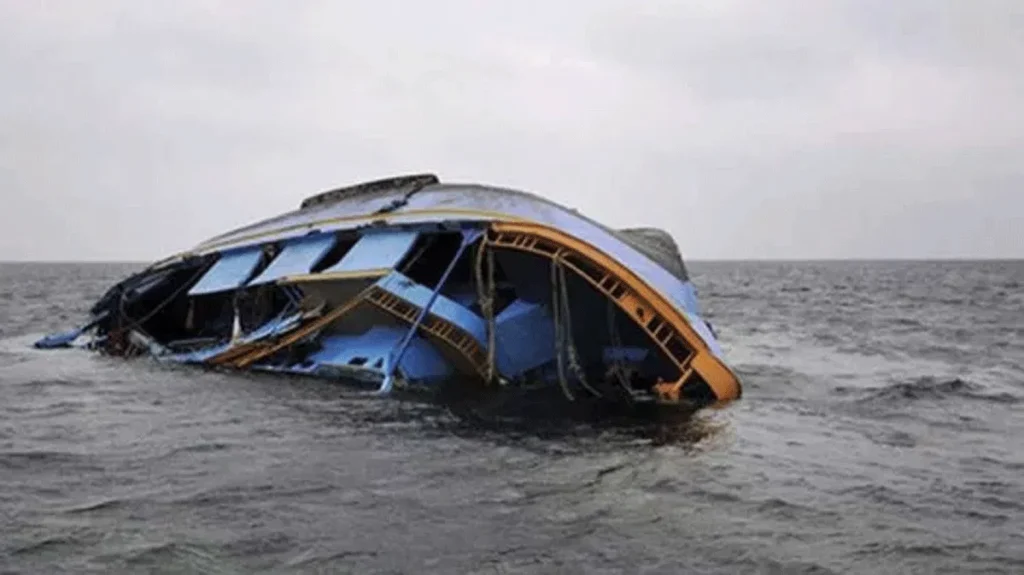With the recent boat tragedy incident, there is growing concern that our inland waterways are becoming as precarious as the overall security situation in the country.
Amidst the serene waters of Nigeria’s rivers, an unspoken epidemic silently claims the lives of numerous citizens who merely aspire to reach their destinations safely.
Recent tragedies have presented the urgency for a comprehensive approach to addressing the recurring boat accidents that are plaguing the nation and the situation has escalated to a critical level, evoking deep concern that requires urgent action.
The tragic incident that occurred in Anambra State recently serves as a poignant reminder of the severity of this issue. Nollywood actor Junior Pope Odonwodo, popularly known as Junior Pope, lost his life, along with four of his colleagues, when their boat capsized in the Anam River on April 10th. The outcome was devastating.
In February, a 20-passenger boat capsized in the Ibeshe/Ikorodu area of Lagos State, with 17 passengers rescued and 5 casualties.
Last year, a heartbreaking incident occurred in Gbajibo, Mokwa Local Government Area of Niger State. Over 100 passengers were faced with a life-threatening situation when their boat capsized, resulting in the tragic loss of 24 lives.
In 2021, a series of boat accidents cast a dark shadow over the northern region of the country. Kebbi State, in particular, witnessed a devastating boat mishap in June of that year, resulting in the tragic loss of over 100 lives. Most of the victims were traders en route to a market when the boat capsized. In the Yauri Riverboat mishap, 20 lives were lost.
The same year, in Kano, 29 lives were tragically lost, including young schoolchildren who were on their way to a religious event. Ondo State also suffered a tragic trend. It was reported that four lives were lost and 19 injured in a boat accident. Seven lives, including children, were claimed in Zhigiri village due to a boat capsizing in Niger State.
Also, Bayelsa, Jigawa and other states in Nigeria have experienced very devastating boat accidents resulting in loss of lives.
It is important to recognize that boat accidents in Nigeria frequently result from factors such as overloading, adverse weather conditions, inadequate maintenance, and non-compliance with safety protocols.
Regrettably, a lot of passengers do not wear life jackets due to their unavailability, and the absence of enforcement of these precautionary measures. Some greedy boat owners, overload vessels with passengers and cargo, jeopardizing the safety of everyone on board.
The urgent call on federal government agencies, notably the Nigeria Inland Waterways Authority (NIWA), to enforce and uphold strict waterway laws, is important.
What actions is NIWA taking regarding the numerous boat mishaps in Nigeria? NIWA should be more accountable, and perhaps their office should be relocated to Lagos state or the nation’s capital Abuja, where their impact can be better felt and watched closely.
It is their responsibility to guarantee the safety of riverine travel by implementing safety measures and regulating the industry to prevent future mishaps.
The recurring boat accidents demand urgent attention, and accountability is crucial for ensuring safety on our waterways.
Citizens’ lives should never be handled with levity. We must prioritize the safety and well-being of those who rely on Nigeria’s waterways for their livelihoods and daily travel. Only through determined action can we eradicate these boat mishaps and ensure that our waterways are genuinely safe for everyone.
